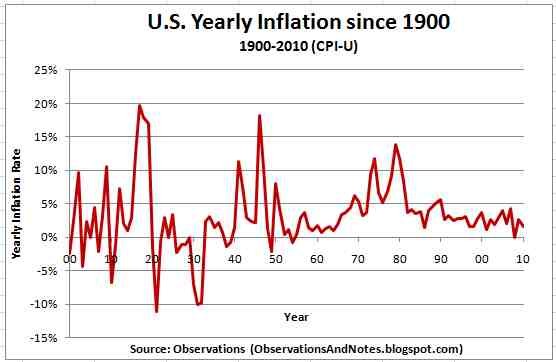Retiredmajor
Recycles dryer sheets
If I have a nest egg that is large enough to accomplish my retirement goals for the next 30 years, why would I focus on growth as opposed to focusing on preserving my current nest egg? Doesn't it make more sense to pick conservative investment vehicles to conserve my assets? Pascal's Theory would say that I shouldn't risk dollars that I need, in order to gain dollars that I don't need.
What do you think? Major
What do you think? Major
Last edited:

